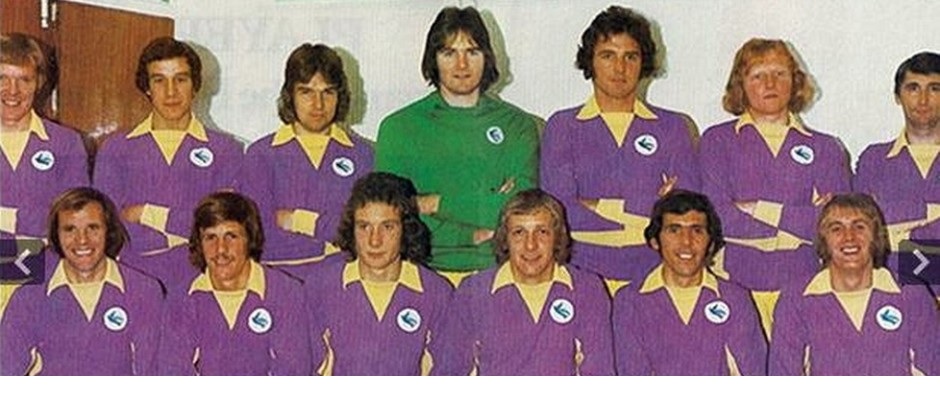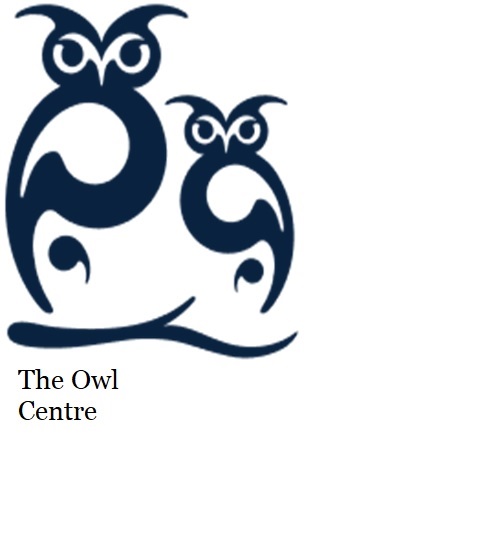
It could be argued that the biggest single achievement of Sabri Lamouchi’s time as City manager up to now was to get not only a decent performance out of the team in a derby game, but also to deliver the three points.
Mind you, that was against Bristol City who, following that extraordinary fallow period between 1971 and 2008 when we didn’t when a league game while playing them, we’ve done pretty well against in the past fifteen years.
When it comes to our rivals to the west however, it will be a decade come November since we last beat them at Cardiff City Stadium. Although encounters with the jacks are still not as frequent as they are with the wurzels, the highlight for City fans in the intervening period when it comes to home games was a miserable 0-0 draw in 2020 where both sides cancelled each other out. Other than that, it’s been embarrassing losses where questions were asked about whether the side were trying or not.
At least there was that sole victory at whatever the Liberty Stadium is called at the moment back in the time of the lockdown to remember. Aden Flint’s early goal that day is still the only one we’ve managed in the fixture since Steve Caulker’s winner here in 2013 – apart from that, it’s been defeats all of the way with four losses where nine have been conceded and none scored with the jacks, rightly, believing that they could have scored many more.
So, the jacks in two days time are definitely a bigger challenge for Lamouchi than the wurzels were, but, until they beat Bristol in their last game before the international break, Swansea were on an awful run which saw manager Russell Martin coming under increasing pressure.
For City, how they react to the controversial abandonment of their last game will be crucial. If they could show the form of that first half at Rotherham, it wouldn’t guarantee a win for us, but it would mean we’d see a performance that would regain some of the pride which has been lost in the last ten years when it comes to this fixture.
Here’s the usual quiz going back to each decade from the sixties onwards with the answers posted on here on Sunday when, hopefully, there won’t be the shame I’ve felt too often on the day following a game against the jacks lately.
60s. This forward started off playing in his home city where he, just like with his second club, represented the blue half of the divide. His record was modest up until then and it was only when he played for a couple of south coast clubs that he prospered. Swansea was his sixth club following a spell in a different shade of blue and he spent a pretty nondescript season with them before moving on to ground for gentlemen in the midlands. All of this was a prelude for a pretty extraordinary managerial career which began with him taking a modest northern club to what is still their best ever league finish (they also beat a “giant” in a cup upset). His exploits attracted the attention of a club at a higher level, but, in complete contrast, his time here was a disaster with his first season described by Wikipedia as a “humiliation” and his second one being little better than that. Enjoying some success on foreign soil persuaded the first club he managed to give him another try and there was another famous cup win to revive memories of what happened almost a decade earlier, but, although he was in the job for three times longer than he’d been first time around, there was to be an unhappy ending as he left with the team struggling near the foot of the table. Who am I describing?
70s. Can you identify this player? The early part of this winger’s career was very definitely upwardly mobile as he benefitted from the management of someone who, to some extent, revolutionised the job. Two promotions followed before a move to another Midlands club, but, although a regular starter, he was on the move again less than a year later, this time a bit to the north east to play in red with a club about to experience a decade or so of extremes. His team were on their way down though when he left, for a record fee, for Swansea, but, again, he was unable to halt a slide and , after three years he left to finish his playing days at the Bridge Meadow Stadium.
80s. What’s the Swansea City link between Longdancer, Dusty Springfield and John Buchanan?
90s. The best northern rover ends up in Swansea! (5,8)
00s. Another links question, well it sounds like one! What links Spennithorne, a village in Yorkshire, Neil Kinnock’s predecessor and a fixture in the Swansea midfield?
10s. He was a winner in a south Wales derby while playing for Swansea during this decade and this week he played in what is probably his country’s biggest ever footballing embarrassment, who is he?
20s. Swansea’s soap opera tradesman by the sound of it!
Answers
60s. Liverpool born George Kirby started his career with Everton before moves to Sheffield Wednesday, Plymouth Argyle, Southampton and Coventry City. He spent the 65/66 season at Swansea before joining Walsall as his playing career wound down. Kirby was a spectacular success in his first managerial job at Halifax as he steered them to third place in the old Third Division in 70/71. A win over Manchester United in the pre season Watney Cup persuaded Watford to take him on for the 71/72 campaign, but they finished well adrift of the rest in the Second Division and only just avoided a second relegation during Kirby’s two seasons in charge. Kirby rebuilt his reputation in Iceland before returning to Halifax for a second spell – the obvious highlight was a Third Round FA Cup win over First Division Manchester City in 1980, but, that apart, it was mostly a struggle for Kirby who left the club the following year.
70s. Welsh international winger Ronnie Rees was part of Jimmy Hill’s Coventry team which rose from the Third Division to the First in the mid to late sixties. Rees had a short spell at West Brom before leaving for Nottingham Forest and then he signed for Swansea in 1972, but they were forced to apply for re-election after finishing in the bottom four of the old Fourth Division in 1975 and Rees left to Play for Haverfordwest County before the new season started.
80s. Dave Stewart’s first band was called Longdancer and, before he formed the Eurythmics with Annie Lennox in the early eighties, they were members of the Tourists whose biggest hit in 1979 was a cover of Dusty Springfield’s I only want to be with you. Dave Steward was also the name of the goalkeeper who John Buchanan fired his forty yard free kick past in injury time to earn his side a 3-3 draw against Swansea at Ninian Park in December 1980.
90s. Steve Thornber.
00s. Leon Brittan (otherwise known as The Lord Brittan of Spennithorne), was Vice President of the European Commission in 1999 and was succeeded by Neil Kinnock on his resignation. Leon Britton was a midfield player who made over four hundred and thirty league appearances for Swansea in two spells between 2002 and 2018.
10s. Bersant Cellina was a member of the Swansea team which beat us 1-0 in October 2019 and was also in the Kosovo side held to a 1-1 draw in a home game with Andorra in this week’s Euro qualifiers.
20.s Korey Smith.



